Business-to-business content marketing is what? “2024” explores the changing field of B2B communication, asking how content marketing might help a business stand out in the congested digital marketplace. Personalized content is key for enduring professional relationships, and this helpful guide will show you how to politely contact experts in just the correct manner. We also discuss the challenges businesses have keeping their influence and relevance in the face of lightning-fast technological change. Those seeking to maximize their online presence with data-driven judgments should take into account using Plerdy’s analytics tools to further their B2B content marketing path. Would you like to change your content marketing approach and see real results?
Brief Overview of B2B Content Marketing
B2B content marketing is clearly a strong tactic in the busy digital age. High-value, interesting material can make possible company customers devoted partners. B2B companies may strengthen their brand, create industry authority, and increase conversions with the appropriate balance of marketing flare. Let’s start with the core of this strategy.
B2B Content Marketing: Defined here:
- Creating interesting articles, dynamic videos, infographics, and other materials especially for a business audience calls for understanding.
- Targeted Promotion: Companies distribute their material using strategic marketing channels—email campaigns or social media—to appeal to possible partners and consumers.
- Content marketing for B2B relationships goes beyond mere conversion value. It’s about building trust, providing value across time, and fostering long-term alliances.
For example, take a software-as-a-service (SaaS) company trying to interact with other companies. Whether they provide thorough whitepapers, perceptive blog entries, or even webinars, they may highlight their knowledge, provide value, and foster relationships. Who should another company turn to when they need this service? The SaaS company that has been regularly producing excellent material and highlighting their experience.
B2B content marketing is essentially about building a narrative, strengthening relationships, and securing the position of a brand in the market—not only about generating materials. Whether your goal is to hone your approach or you’re just starting, keep in mind: excellent material mixed with smart marketing may really differentiate a B2B business.
Importance of Updating Knowledge for 2024
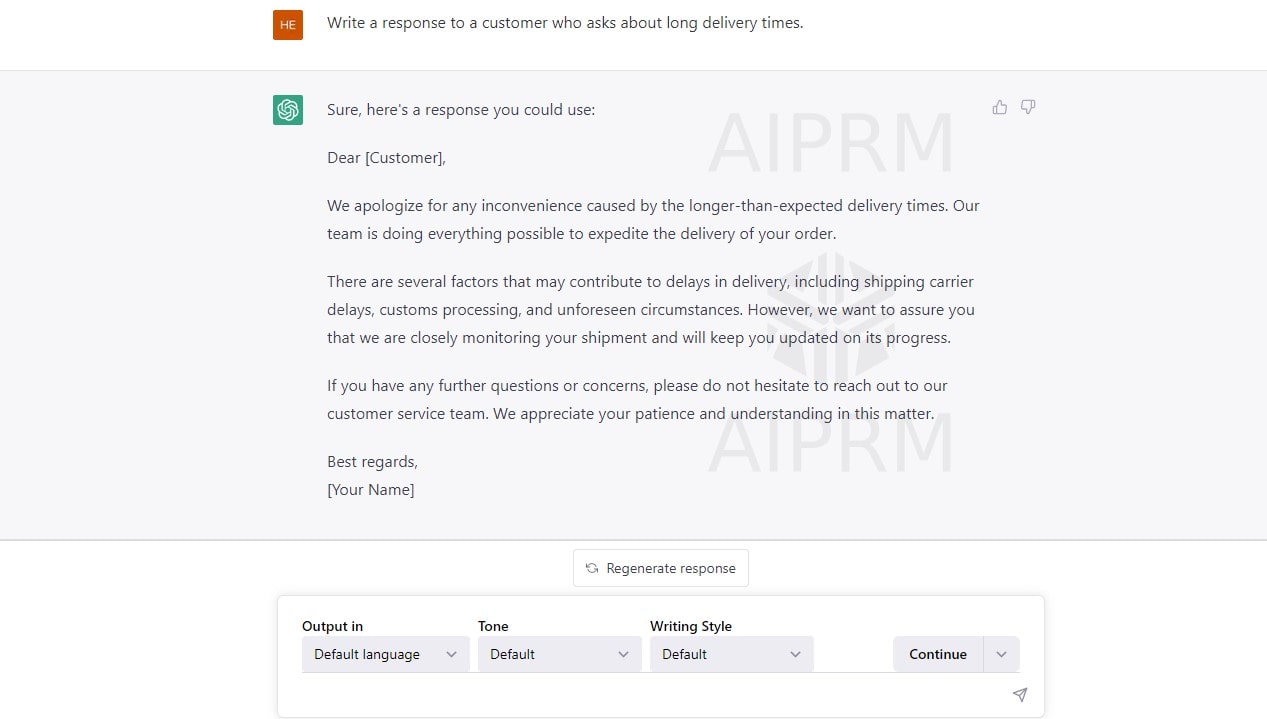
Every sector changes, and B2B content marketing is no exception. Updating our expertise is absolutely vital as we head into 2024. Digital landscapes change, customer behavior changes, and what worked yesterday might not be so today. Companies who lag behind risk are pushed aside; those that adapt flourish.
Think about these notable changes in the B2B space:
- Artificial intelligence-driven strategies are not optional; tailored marketing campaigns and automated content selection are now required Now the standard, they maximize user involvement and generate conversions.
- Modern B2B content goes beyond blog entries or whitepapers in multimedia integration. Offering many touchpoints for possible corporate partners, podcasts, interactive seminars, and dynamic infographics rule the scene.
- Privacy and Ethics in Data: Stricher rules and more attention on ethical marketing mean that B2B companies have to step cautiously to guarantee compliance and build confidence.
For instance, a B2B supply chain solution provider might have depended on conventional whitepapers in past years. Rolling out an interactive webinar series, dissecting difficult subjects, along with AI-driven email advertising targeted at certain sector pain points would help them in 2024.
Basically, 2024 calls for a new strategy to B2B content and marketing. Keeping our finger on the pulse and adopting fresh approaches helps us to make sure our marketing initiatives remain current, interesting, and—above all—effective. Stagnation is not a choice; rather, it’s time to adapt, create, and lead in the B2B content marketing arena.
Foundations of B2B Content Marketing
Entering the digital sphere, B2B content marketing stands out as a different kind with different goals and ideas than its B2C equivalent. Any company trying to perfect its content strategy and build strong B2B relationships has to first recognize these variations.
B2C Content Marketing: Basic Ideas and Goals
- Value-driven Engagement: Often tailored to industry-specific demands, solutions, or insights, B2B material zero in on providing actual value.
- Unlike B2C, where the emphasis could be more on instant sales, B2B content marketing plays the long game and fosters continuing relationships.
- By means of excellent content, B2B companies hope to establish themselves as thought leaders in their field, therefore building credibility and confidence.
Differentiating between B2B and B2C content marketing also makes it abundantly evident that B2B concentrates on thorough solutions, expert opinions, and data-driven conclusions while B2C could center on involving the end customer with appealing phrases or vivid images. Imagine a software company releasing a tool designed for another company. Their marketing material would go deeply into industry-specific benefits, functions, and integrations rather than only surface attributes.
In a sense, B2B content marketing is about zeroing in on the precise demographic you need to attract rather than about reaching the biggest possible audience. Accepting its roots guarantees that your material not only is viewed but also resonates, interacts, and converts. Knowing these subtleties makes all the difference in the busy business world.
Key Characteristics of B2B Content
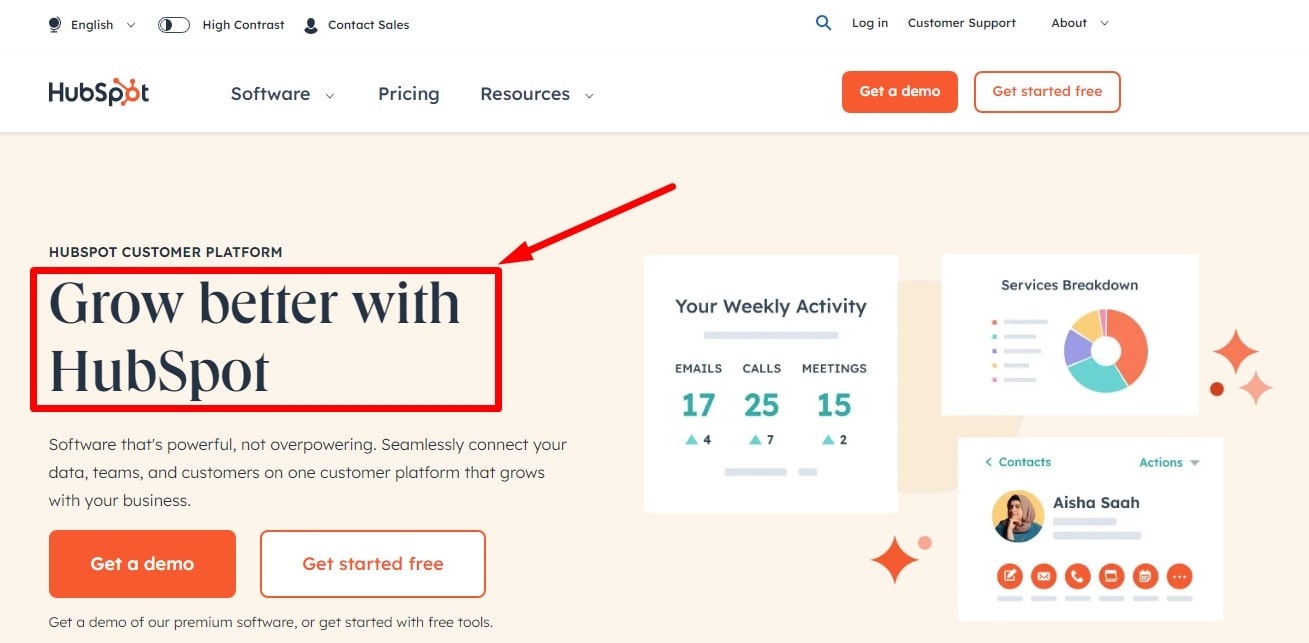
Understanding B2B material calls for us to explore its own tone, style, and identifying features. Unlike mostly consumer-oriented material, B2B content is sophisticated and clear, carefully produced to satisfy the discriminating needs of corporate professionals.
Differentiating B2C Content:
- Professional Tone: B2B material finds a mix; it is authoritative without being unduly demanding. The goal is to interact with peers, not treat them as less than.
- B2B viewers want substance and are detailed and data-driven. Therefore, the material usually explores thoroughly supported by statistics, insights, and in-depth study.
- B2B material shines when it points up industry-specific problems and offers workable fixes.
- Simple, motivating Clear Call-to- Action (CTA) for companies to act—that is, arrange a consultation, download a whitepaper, or register for a webinar.
A B2B company focused on cloud storage solutions, for example, might create material stressing data security, flawless integration, and cost savings. They might publish a detailed piece outlining how their solution interacts with well-known systems to guarantee seamless data flows and lower downtime. Real-world situations abound throughout the material, which would make it concrete and relevant for possible corporate customers.
B2B content marketing is basically not about surface-level interaction. It probes closely and presents itself as a reliable adviser in the always changing corporate scene. Businesses that embrace their salient features will not only be able to reach their target market but also interact, impact, and motivate them.
Modern Tools & Platforms
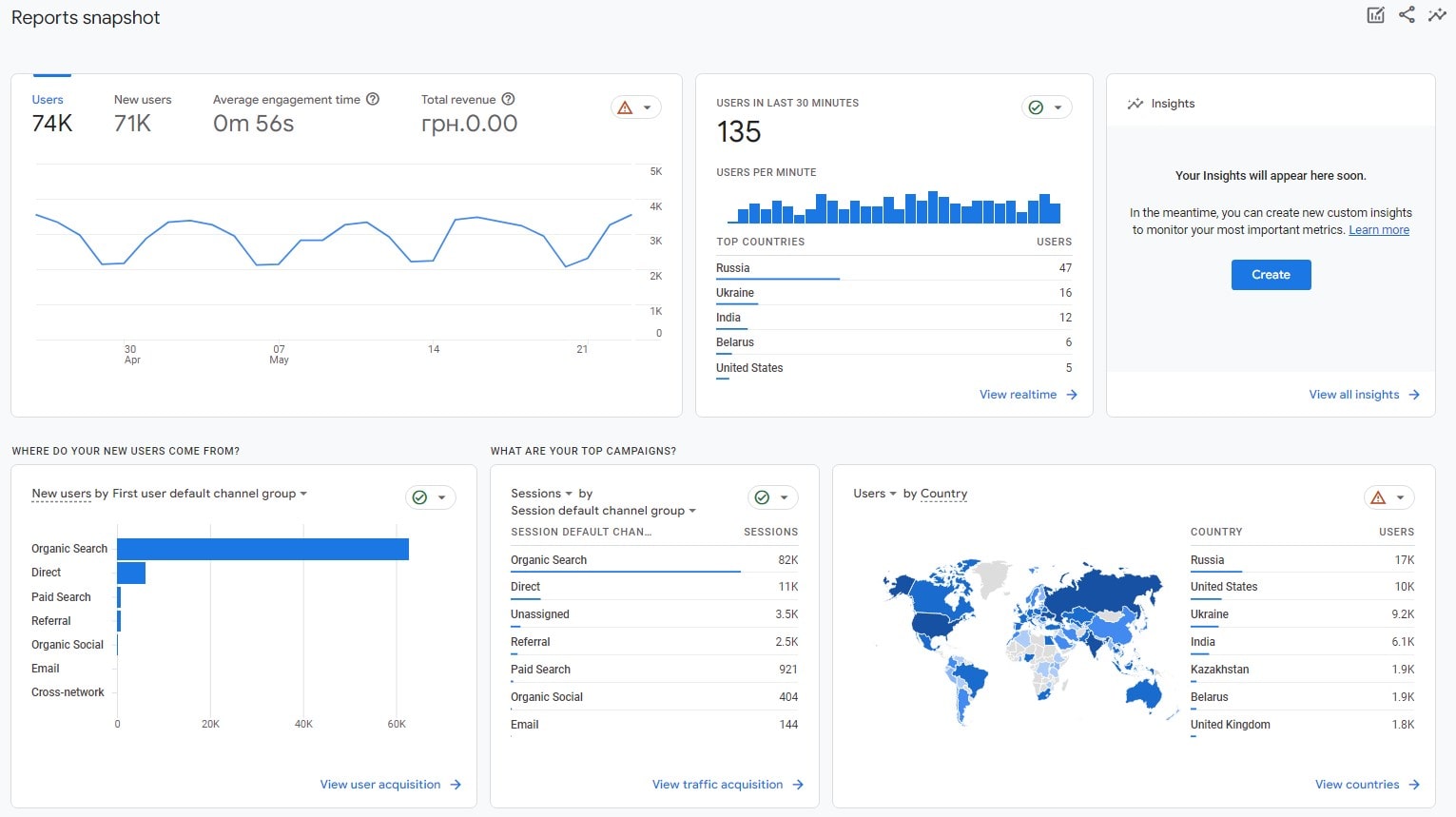
B2B content marketing in the modern digital scene depends on more than just well-written articles and interesting images. Using current tools and platforms, meant to increase reach, measure impact, and hone plans, is usually the foundation of effective B2B marketing.
Key Instruments and Tools Found in the B2B Arsenal:
- Google Analytics and other analytics tools help companies to delve deeply into user behavior and identify which content items appeal to them.
- Think HubSpot or Marketo to consider automation platforms. These powerhouses guarantee constant involvement, simplify content dissemination, and help to nurture leads.
- Platforms like SEMrush or Ahrefs are absolutely essential in helping to improve material to rank better and generate natural traffic.
- Tools like Slack or Asana guarantee that content teams remain connected, therefore providing cohesiveness to the production and dissemination of materials.
Consider a B2B company providing supply chains solutions. They present a thorough piece on post-pandemic optimization of logistics. They can identify the areas most interacting with the material by means of their analytics technology. They then forward tailored email messages to companies in certain regions using an automation tool. While all of this is happening, SEO tools enable them to change content keywords so that they show up highly when companies look for logistical answers.
To sum up, contemporary technologies and platforms are not only extras in the B2B marketing toolset. Crucially important gears, they propel the system of efficient content production, delivery, and optimization. Through maximizing their potential, B2B marketers may negotiate the complexity of the digital sphere and guarantee that their material connects and has the intended effect.
Key Trends in 2024
Although the terrain of B2B content marketing is continually changing, 2024 has brought in developments transforming companies’ approach to their content strategies. Allow us to dissect the shifts causing waves this year.
Key developments in 2024:
- Artificial intelligence and machine learning are no more only buzzwords in the B2C marketing scene. Companies are using AI-driven solutions to create tailored content campaigns, forecast customer behavior, and maximize interaction counts. Think of a company focused in office automation solutions. By including artificial intelligence, they can now customize material to particular industries, so guaranteeing a personalized touch for every potential customer.
- Multimedia Content Gets Priority: The days of having text-dominant content suffice are long gone. Multimedia, in all its forms— interactive webinars, dynamic infographics, bit-sized video snippets—rule supreme in 2024. Branching out B2B enterprises are creating material that not only informs but also provides entertainment value.
- Content Consumption Evolution: Professionals’ consumption of materials has changed as remote work becomes more accepted. Lunch breaks have evolved into prime-time podcast sessions, and morning drives now typically align with e-newsletters.
For any company delving deeply into B2B content marketing this year, keeping current with these trends is not only a need but also a requirement. B2B companies can guarantee their material stays relevant, interesting, and powerful by welcoming these changes and modifying their approach.
The Role of Data in B2B Marketing
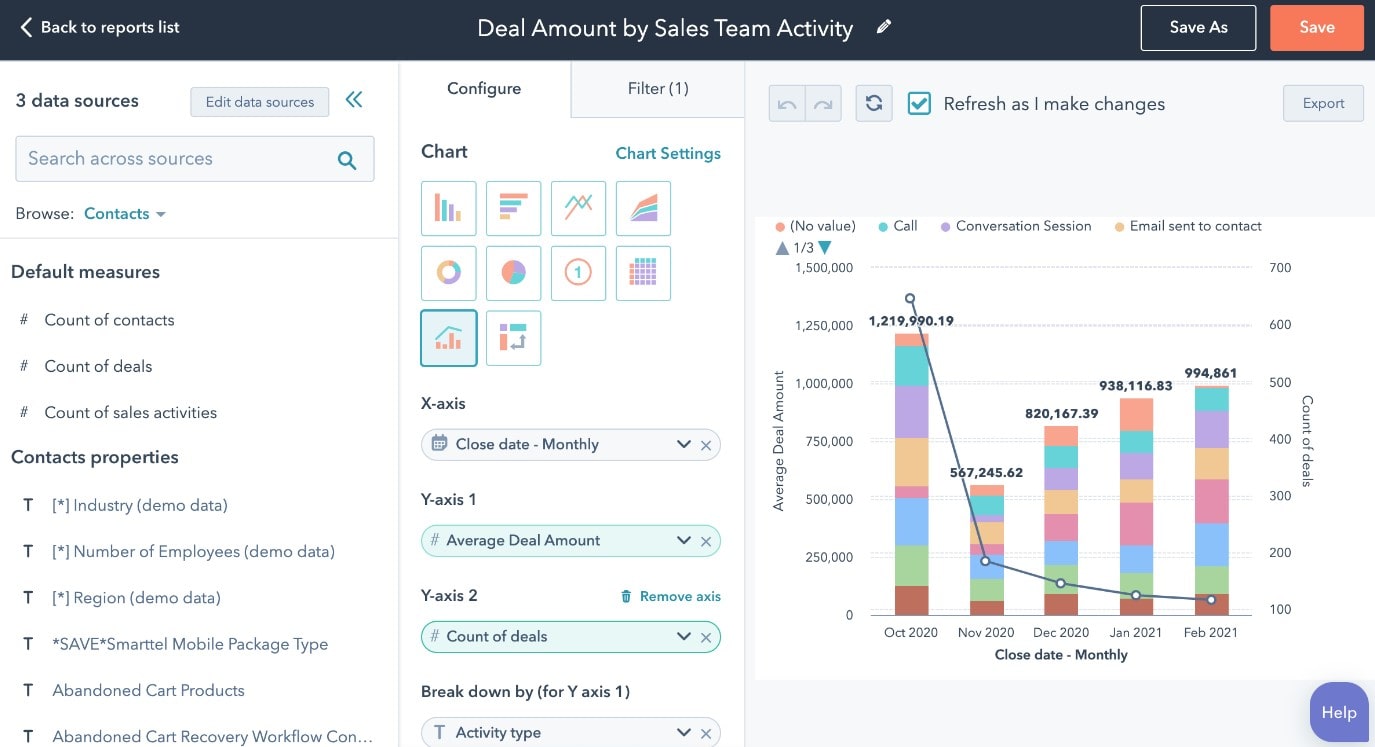
In the always changing field of B2B content marketing, data has become the cornerstone guiding policies and choices. These days, it’s not only about creating gripping stories; it’s also about supporting those stories with accurate statistics and practical analysis.
Foundation of Data-Driven B2C Marketing:
- Analytics and Metrics: You must delve deeply into analytics if you are to really understand your audience. Imagine a company doing B2B technology deploying fresh software. Tracking data like engagement rates, click-throughs, and conversion ratios helps them identify which content forms—blog entries, webinars, or infographics—reson most.
- Beyond only compiling statistics, B2B marketing now depends on leveraging that data to hone and change. Imagine a corporation that discovers, by data research, that their webinars generate more interaction than whitepapers. Equipped with this realization, they can change direction and concentrate more funds toward webinar creation and advertising.
Designed to compile and evaluate enormous data sets, modern B2B marketing solutions are enabling companies to make better decisions. Through the flawless combination of creativity with data-driven insights, B2B content marketing is engaging, persuasive, and converting audiences—not only reaching them.
Let data lead the way; this is the guiding principle for success in B2B marketing in 2024 and forward. Content strategies are more aligned, results-oriented, and ready for success when analytics takes front stage.
Benefits of B2B Content Marketing
Every company wants to be unique, particularly in the increasingly competitive business-to-business environment. With its many benefits, B2B content marketing provides businesses ready to strengthen their brand, interact with possible customers, and generate conversions a lifeline.
Analyzing B2B Content Marketing’s Benefits:
- Authority Building: Regular, excellent content establishes businesses as industry leaders. When a provider of financial software offers in-depth research on new fiscal trends, they not only inform but also demand respect.
- Lead generation is attracted in by a well-coordinated content strategy. Through blog entries or case studies, companies can hook possible customers by addressing problem concerns, therefore guiding them down the sales path.
- One reward any business is aiming for is organic visibility. Regularly producing quality content not only serves their audience but also provides search engines with fresh material to index.
- Content develops leads rather than merely draws in them in relationships. By running a series of webinars on IT best practices, a corporate IT solution provider could build confidence and friendship with its customers.
Modern systems designed for b2b content marketing enhance these advantages even further by combining analytics, automation, and personalizing capability. With such tools at their disposal, marketers may quickly adjust their plans to guarantee they always meet criteria.
B2b content marketing is the best approach if you wish to flip the script. Using great content helps companies not only survive the competitive fight but also flourish, expand, and establish a unique niche for themselves.
Content Personalization and Customization
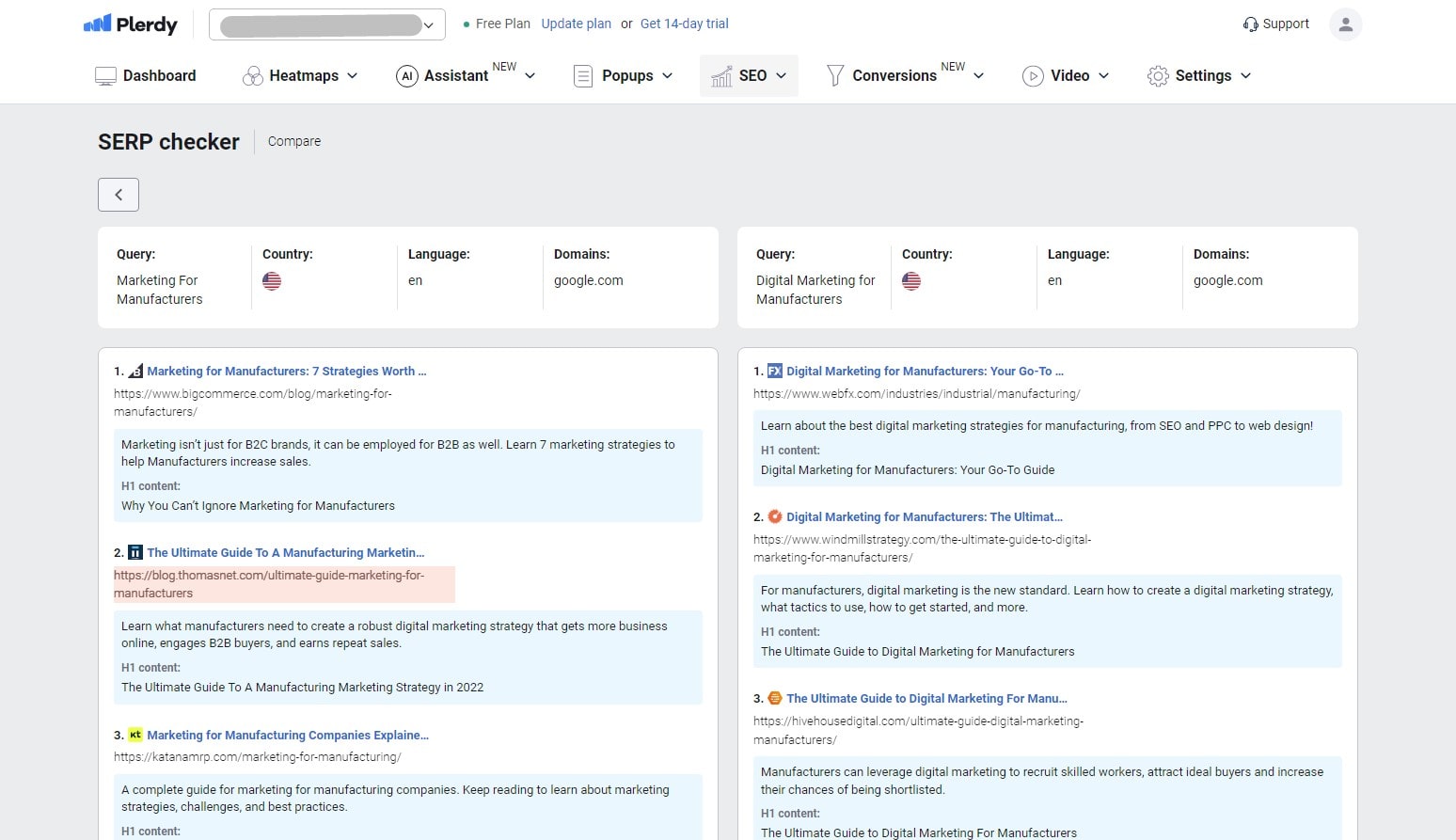
In the digital era of today, content marketing—especially in the B2B sector—dependent on personalization has great power. Customizing material to match different business audiences helps organizations engage, nurture, and convert prospects more quickly.
Customization and Personalization of Content:
- Deep delving into audience personalities allows companies to identify particular demands and preferences. Consider a cloud service provider creating comprehensive guidelines for several sectors, making sure every item speaks to a specific area.
- Advanced technologies meant especially for b2b content customizing allow real-time changes depending on user behavior or preferences. Every contact so seems different and personal.
- Methods for Achievement: Content efficacy can be improved by grouping your audience according to criteria including industry, firm size, or past interactions. Content can be mapped to particular phases of the purchase cycle to help companies guarantee they provide the correct message at the correct moment.
- Feedback loops are Combine user comments and analytics observations. This data-driven strategy improves general content quality and relevancy in addition to refining efforts at personalizing.
Using personalizing tools and techniques, B2B enterprises can expand their marketing initiatives into uncharted territory. Customized content combined with a strong awareness of audience subtleties helps companies to connect, build confidence, and simplify the conversion process. Customizing will surely be the cornerstone of b2b content marketing going forward so that every piece of material feels like a handmade solution for its intended use.
Challenges in B2B Content Marketing
Negotiating the terrain of business content marketing can often feel like walking over a minefield. Even for seasoned experts, the always changing dynamics offer particular difficulties. Understanding these issues becomes critical as companies struggle to place their material first.
Dividing the Difficulties
- Unlike broad-based consumer marketing, b2b frequently requires customizing material for a specialty. Making a comprehensive guide for enterprise-level cloud solutions, for example, calls for a different strategy than one aiming at small firms.
- Maintaining quality typically suffers in the battle to produce material when quantity takes front stage. Finding the sweet spot—where every element appeals to the audience and distinguishes itself in a crowded market—is crucial.
- B2B buyer paths are complex and frequently include several parties. It can be difficult to map material to each level of this journey while nevertheless honoring several characters.
- Keeping Ahead of Trends: Content useful now could go out of style tomorrow thanks to fast technological change. Strategies must be always updated to match changes in the sector.
For companies entering b2b content marketing, these obstacles could appear insurmount. Armed with the correct tools and a well-defined plan, businesses can remove these obstacles though. Investing in strong analytics, using audience insights, and being flexible will help companies to find possibilities from these difficulties. Though the road is difficult, success in business-to-business content marketing is within reach with tenacity and a data-driven approach.
Best Practices for 2024
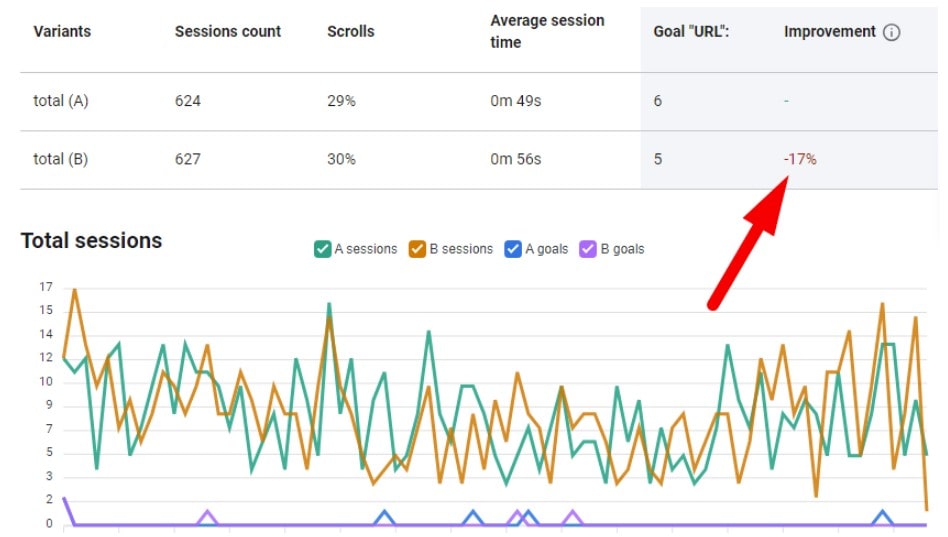
The fast shifting terrain of B2B marketing calls for brands to be creative, flexible, and futuristic. If companies wish to remain competitive in 2024, they must ensure their plans complement the most recent best practices.
Novel Methods and Approaches:
- Using analytics will help you create material that connects. A b2b tech company might, for example, use industry-specific data to create thorough whitepapers.
- Engaging Visuals: Plain text is long gone. Effective b2b content strategies increasingly center interactive infographics, dynamic charts, and engaging films.
- With search engines changing, companies have to make sure their material is optimized for intent and context as well as for keywords. This implies delving more into semantic search and long-term keywords.
- Integrated Promotion: Word-of-mouth is not limited to conventional means. Consider running webinars, working with influencers, or using new-age channels to amplify materials.
Development in Distribution:
- Whether live streaming events or Q&A systems, interactive platforms let your audience participate using tools that enable real-time input.
- Harness systems that distribute material according on user behavior, preferences, and past interactions—hyper-targeted push. This guarantees that your material lands in the correct eyeballs at the correct moment.
Advanced tools and new approaches will boost dynamic B2B content marketing in 2024. Businesses that keep aware of these best practices can create plans that not only appeal but also really interact with their target markets.
Case Studies from 2024
B2b marketing initiatives have flourished as 2024 unfolds by deftly combining data-driven information with gripping storylines. New case studies highlight how in the B2B sector information may change tactics, boost engagement, and provide return on investment.
important highlights:
- One prominent b2b company in the cybersecurity space turned on its marketing engine by producing material that spoke to the problems of its target market. Deeply exploring user testimonies and creating relevant situations helped them not only boost their lead generation by thirty percent but also strengthen client confidence.
- Inspired by visual material, a renewable energy firm created a run of infographics and video snippets. With 45% increase in market footprint, this aesthetically pleasing approach attracted a larger audience.
- Supply Chain Success: A supply chain management company presented actual success stories while world logistics underwent significant transformation. These stories focused on obstacles overcome and successes attained, therefore building customer confidence.
Modern case study tools let b2b marketers efficiently gather data, combine it with personal tales, and show a whole picture. This not only validates their efforts at content marketing but also facilitates the relateability of possible customers.
Finally, the b2b marketing scene of 2024 shows the great influence of real, data-driven, relevant material. By emphasizing real-life events, companies can connect with the feelings, problems, and goals of their customers, therefore creating conditions for success.
Voice, Visuals, and Brand Consistency

In the busy field of B2B marketing, the voice and images of a brand act as its compass, leading every piece of material toward a single message. Consistency is now a need to stand out and build trust, not only a desire.
Why is consistency important?
- Clear and consistent images and a voice help to define your brand and make it readily identifiable among a sea of rivals. Imagine a B2B shipping company applying the same color scheme and tone throughout all material—from infographics to blog entries.
- Businesses tend toward brands they know and value. That foundation is created in content marketing by consistency.
- Effective communication replaces double-checking and guessing. Every piece of material in every consistent brand guide easily complements the main theme.
Particularly with business-to-business material, visuals are absolutely vital. They digest difficult info so that it is interesting and easily consumed. Using a technique that guarantees brand consistency among several images can help to differentiate a forgotten message from one that stays.
Basically, brands that keep true to their voice, employ striking images, and keep consistency will flourish as b2b marketing develops. Though the material could vary, the core stays the same and provides the basis for strong business connections and lifetime impressions.
The Future Beyond 2024
Looking ahead beyond 2024, the b2b marketing scene promises vitality, invention, and change. Content’s ability to shape dialogues, influence decisions, and build relationships becomes even more important as companies struggle with fast changing market realities.
Emerging Patterns:
- Advanced technologies meant to foresee the b2b terrain will use AI to sort through enormous data warehouses. This will help companies to predict changes and easily modify their content strategies.
- Virtual Engagement: Immersion content experiences will abound in b2b marketing as augmented and virtual reality take hold. Imagine virtual trade events where companies might communicate in real-time to create relationships free from geographic limitations.
- Corporate social responsibility will drive companies to concentrate on creating stories about sustainability and ethical behavior as it gathers momentum. B2B companies will appeal to clients who are social conscious by offering values rather than only products.
One especially innovative instrument to help companies negotiate these transforming years is the “Future Beyond 2024”. Using its predictive analytics tools will help business-to-business (B2B) marketers build out content strategy, foresee audience demands, and keep one step ahead of rivals.
The years following 2024 essentially call for a new era in B2B marketing. This is a time when material will inspire, convince, and influence transforming corporate decisions rather than only informational value. Those prepared to welcome these developments, adopt creative tools, and keep nimble will surely lead the way in this next phase of b2b greatness.
In conclusion
Success in the dynamic dance of B2B content marketing depends on the proper moves. Let’s consider the main lessons learned as we close our thorough exploration of “B2B Content Marketing: What is it?”
- Content is King: Content rules whether it’s an interesting infographic for financial services or a riveting case study in the healthcare industry. It’s about creating narratives that inspire as well as educate behavior.
- Marketing with Accuracy B2B marketing’s art is found in its accuracy. Your content must be aimed toward your intended business audience, the correct target, just as a competent archer would do.
- B2B Relationships: Fundamentally, B2B is about creating enduring partnerships. Your material should provide windows of opportunity and conversation by means of thought leadership pieces or perceptive webinar.
In the B2B space, marketing and content interact to produce a potent synergy. Remember, every bit of material should have a purpose—be it highlighting the most recent engineering advancements or teaching about fresh software solutions.
Keep these values top priority in your approach going ahead. Allow your material to be the lighthouse guiding B2B marketing into fresh frontiers. In the world of business-to-business, your material serves as a link between your brand and its target market, not only knowledge.
